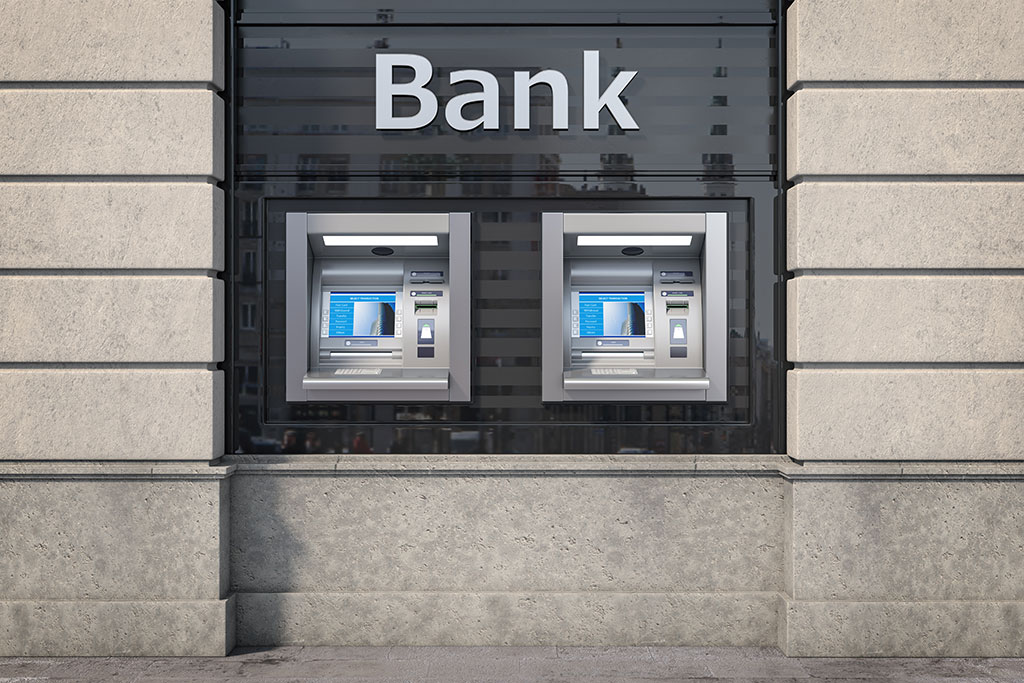The Increasing Importance of Payment Flexibility for Business Success

While a majority of online transactions are carried out using only a few different types of payment options, offering flexibility when it comes to these options can help your business grow. Customer satisfaction increasingly relies on a client’s ability to smoothly pass through a transaction without experiencing technical problems.
Those who are heavily invested in a single technology ecosystem naturally want to be able to use it to check out when ordering things online. This has lead some companies to offer alternate versions of their apps in order to serve as wide a customer base as ever.
This might seem like an extravagance to some, but managers of smaller companies can’t afford to risk losing business.
Payment Flexibility Allows Companies to be More Flexible
Interestingly, payment flexibility is one of the areas that smaller retailers can leverage to a large degree in order to get a leg up on much larger eCommerce firms. While it can be hard to compete with big e-commerce brands as a small retailer, there’s no reason that it can’t be done by focusing on the ability to accept payments from multiple organizations.
Consider the top companies in the online field. They’re largely each tied to a single payment method. Some might accept credit or debit cards while others deal exclusively with PayPal. Ironically, PayPal users continue to show a great deal of frustration when it comes to the fact that they can’t use their preferred payment method to shop on Amazon. This has helped companies like eBay stay relevant by providing people a place to exchange money for goods through their preferred service.
Think about the many ways in which smaller companies can attract traffic to their eCommerce pages. That shouldn’t be difficult for firms that are trying to rank for niche products. Holding onto customers is a bit harder.
When people see that a site accepts dozens of different payment methods, they’ll be more likely to actually spend money on said site. While word-of-mouth advertising generally doesn’t rely on technical details, people are likely to bring up brands that accept a certain method when someone else asks them about where they shop online.
Payment flexibility hasn’t only helped small business owners, however. It’s also revolutionizing the way people raise funds for charity.
Collecting Money from a Variety of Sources
Online donations have to be made using the same payment channels as everything else. That means users who aren’t able to shop through a specific channel won’t be able to give money through it either. Charities that remain flexible and offer multiple ways to give have been among the most successful in the digital age.
In order to facilitate online giving, a number of top charities have tacked donation options to shopping cart apps. When a customer checks out using this kind of system, they’re given the chance to round up their order to their nearest even dollar value. Clients can pay using whatever method they would normally.
This only amounts to maybe 30 cents or so per transaction, but it tends to be very effective because people are more likely to give when they’re provided options like this.
Flexible payment plans have been so useful, in fact, that some companies have begun to look at far more esoteric options as a way to attract a tech-savvy clientele.
Exploring New Alternative Payment Methods
For the longest time, you’d only find the ability to purchase goods with cryptocurrency tokens on sketchy sites. Now, however, top businesses are using Bitcoin and the various altcoins in order to attract privacy-minded shoppers who don’t want their personal information displayed online.
Since these products are also somewhat useful as risky investment ventures, companies that are flexible enough to take them might decide to hold onto them. They could then potentially sell them at a higher price later on in order to add a second income to their portfolio.
Adventurous online businesses are even accepting an advanced form of trade and barter exchanges as a way of settling debts. Users can provide a service to the business in exchange for goods or another kind of service that they receive later on. Peer-to-peer shopping sites have engaged in this sort of trade for years, and it looks like the online business community is ready to jump on board.
It even seems like some retailers have decided to get in on the trend.
Finding New Payment Avenues to Explore
Entrepreneurs start dozens of payment services up each month, but an overwhelming majority of these don’t survive long enough to become mature. There’s no reason that your company needs to subscribe to each one of these new technologies. Pay attention to those that generate a great deal of buzz, such as Apple’s new credit card.
Moves from large brands like this could indicate that a new idea might be a winner.
Have you read?
# Best Fashion Schools In The World For 2019.
# Best Business Schools In The World For 2019.
# Best Performing Arts Schools In The World, 2019.
# Best Hospitality And Hotel Management Schools In The World For 2019.








